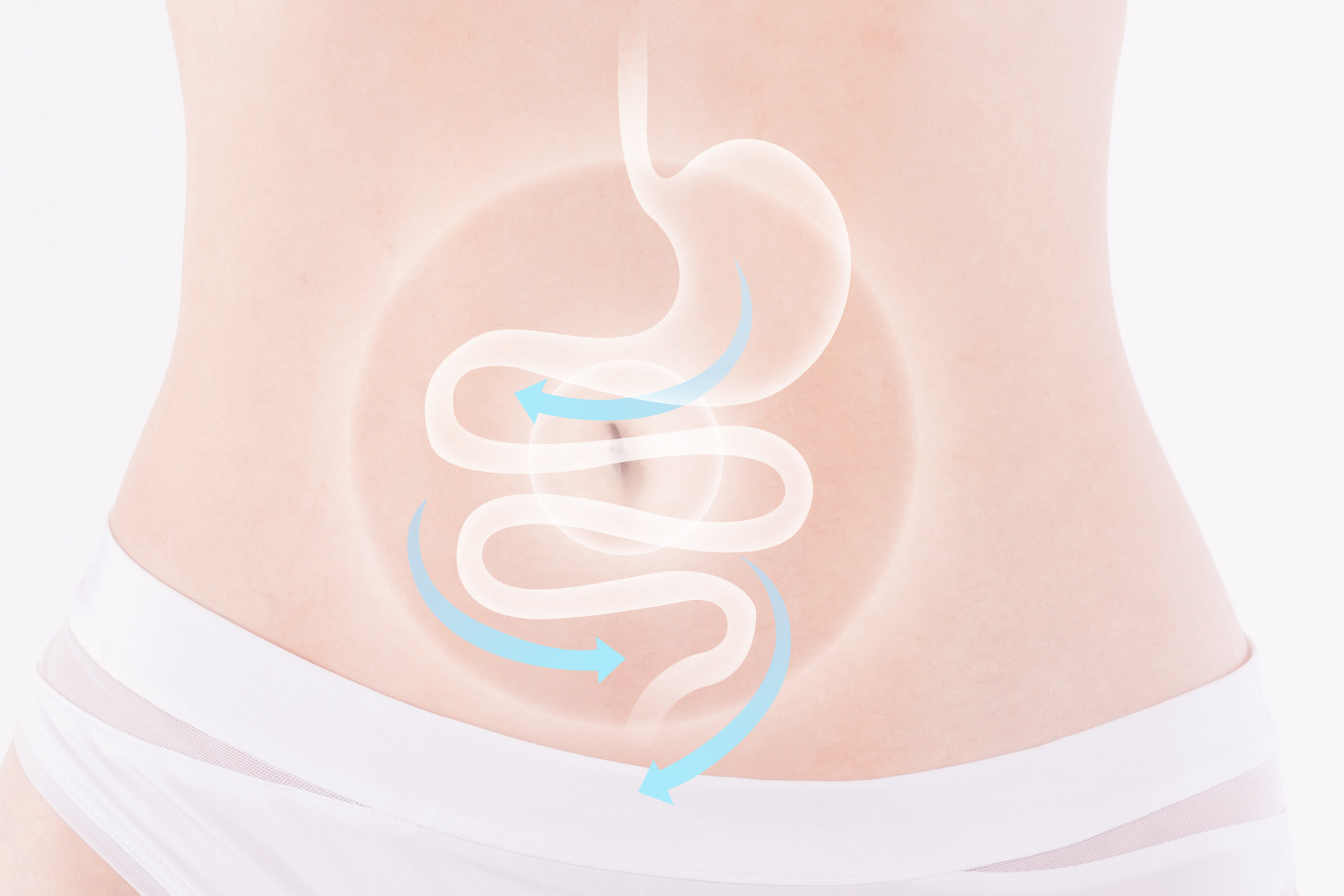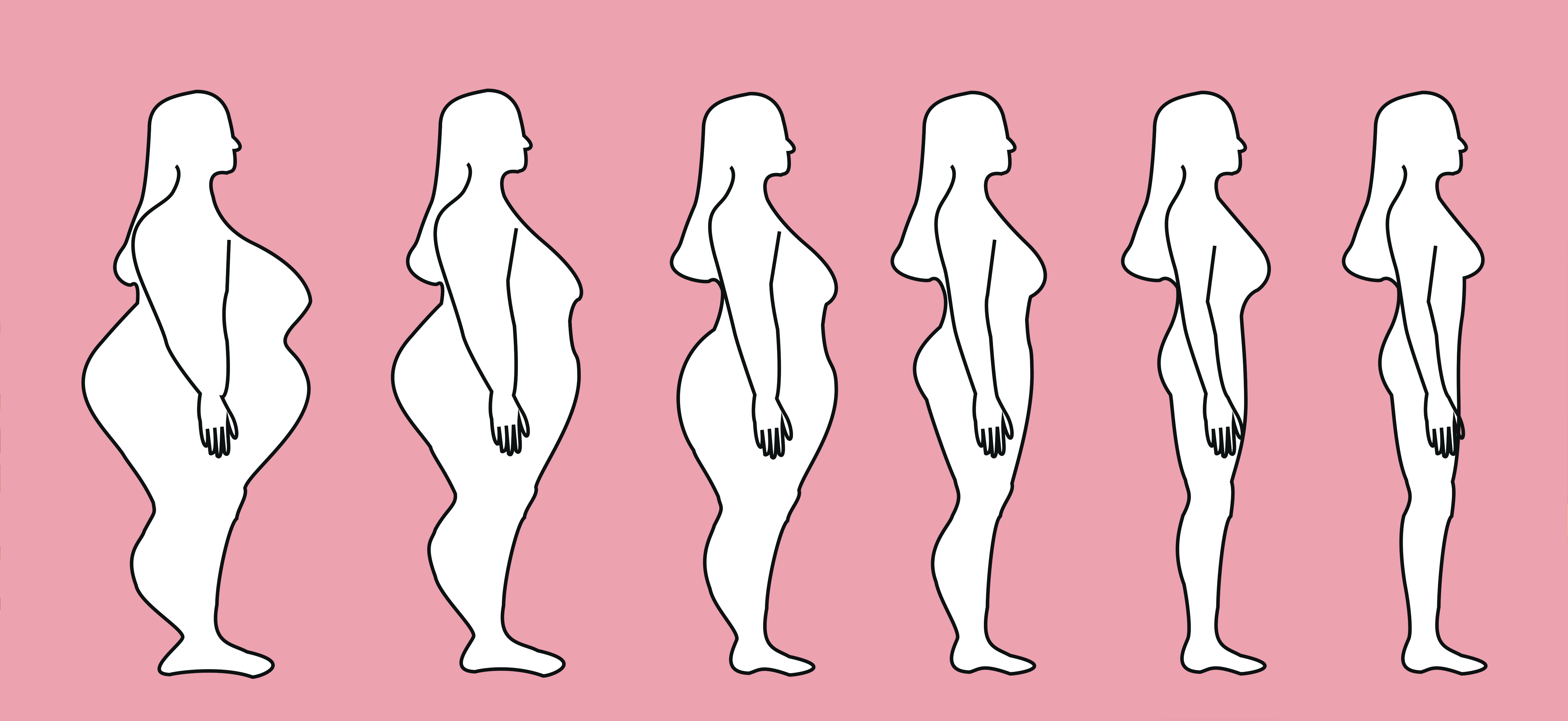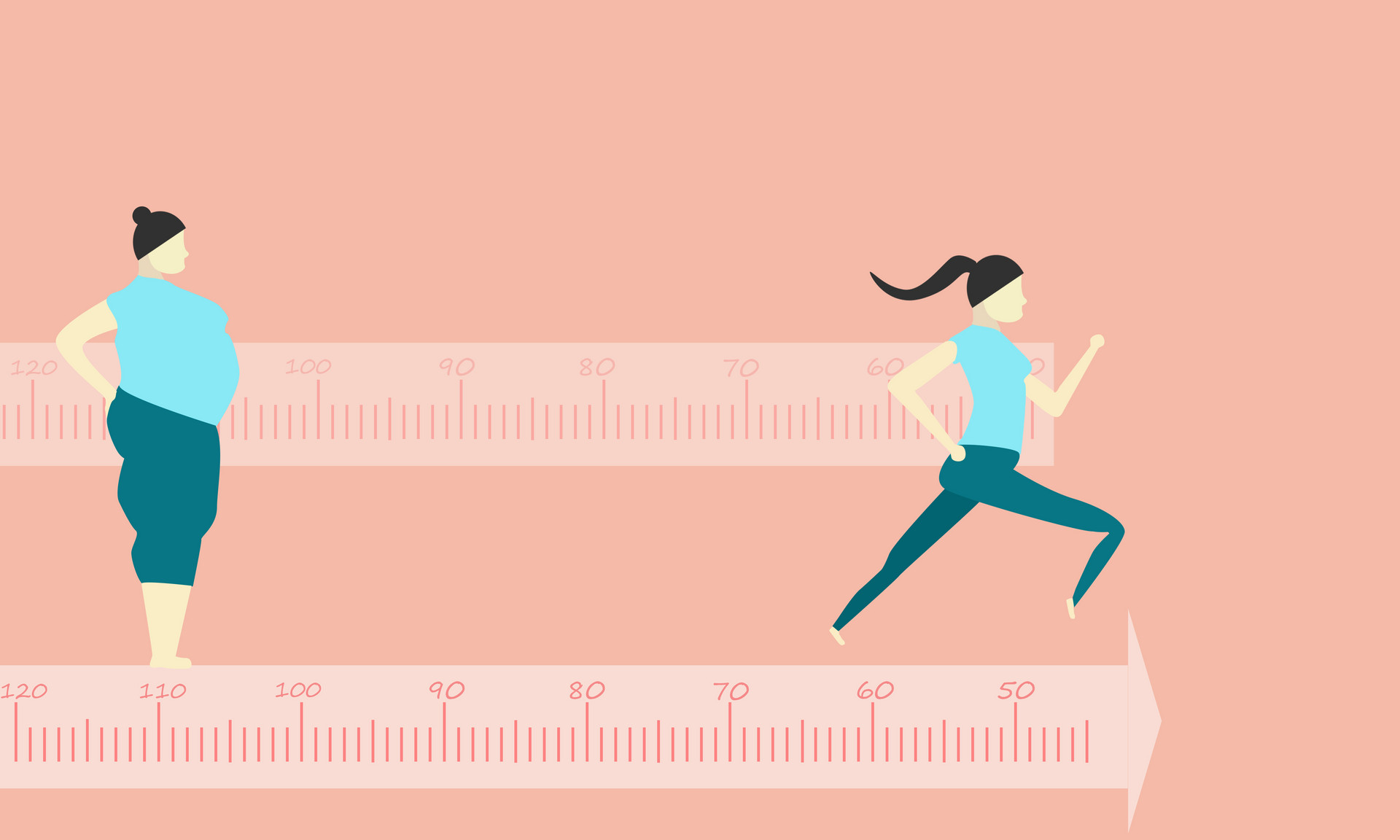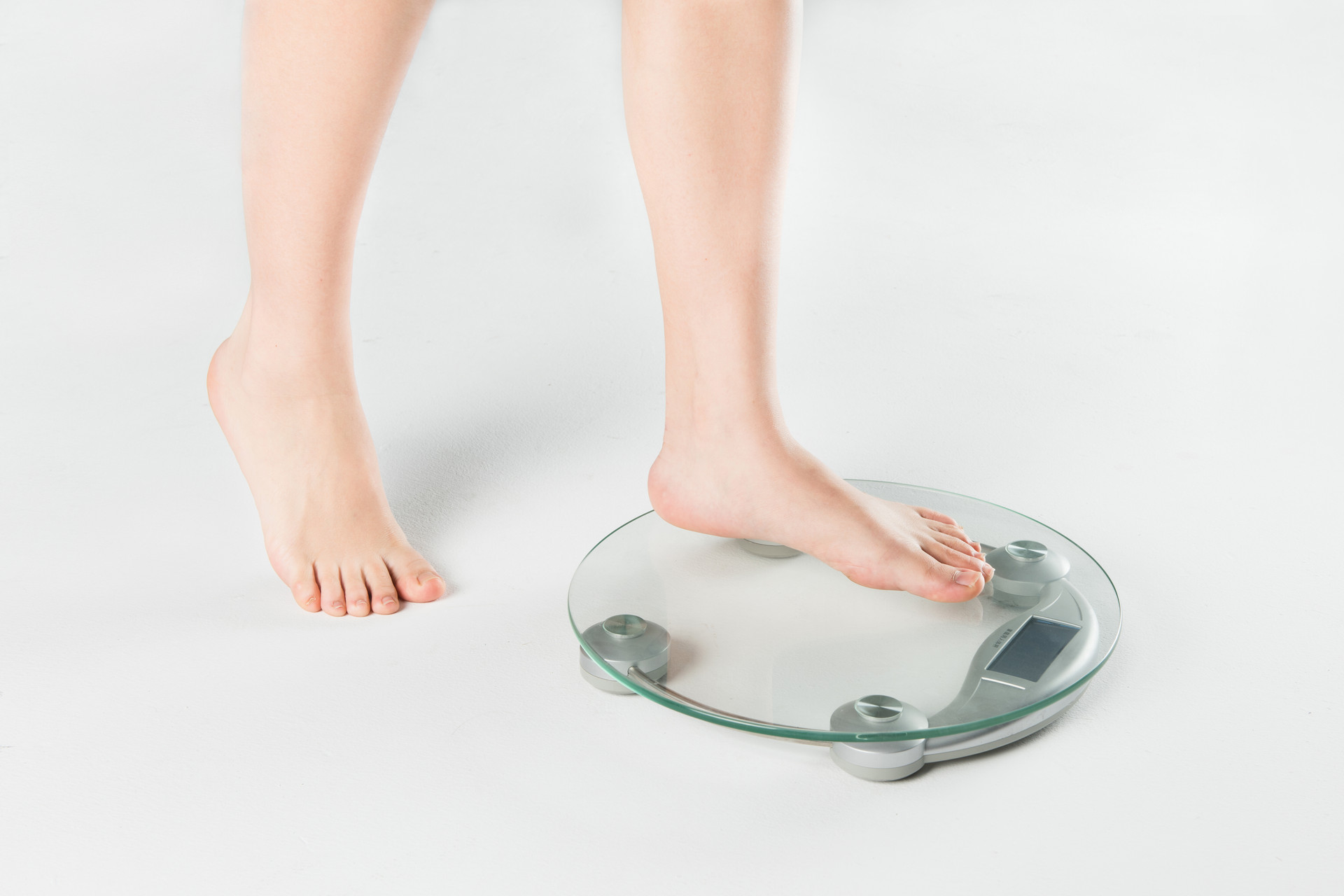We often say that eating coarse grains is nutritious, not only can supplement the nutrients that refined grains cannot provide, but also help with weight loss. This is mainly because coarse grains are not processed as finely as refined grains, so they retain more nutrients. Below, I recommend a few coarse grain weight loss recipes that will help you enjoy a slim figure.
1. The principle of coarse grain weight loss
Coarse grains include corn, sorghum, millet, buckwheat, oats, barley, potatoes, and various types of beans.
The reason why coarse grains can help with weight loss is mainly because they contain rich dietary fiber. Taking corn as an example, its fiber content is 4-10 times higher than that of refined rice and flour. Dietary fiber can help promote intestinal peristalsis, improve digestion, and hinder the absorption of nutrients. Moreover, dietary fiber contains little energy and fat, but can promote the dissolution of fat, thus achieving the effect of weight loss and cholesterol reduction.
2. The disadvantages of eating too much coarse grains
Because coarse grains contain a lot of dietary fiber, they are a double-edged sword. Eating them in moderation can help with weight loss, but eating too much can cause problems. Excessive consumption of coarse grains can cause a strong feeling of fullness, which not only cannot promote digestion, but also affects the digestion and absorption functions of the body. Too much dietary fiber can lead to acute symptoms such as intestinal obstruction and dehydration.
This harm is most obvious for special groups such as pregnant women, lactating women, and children in the growth and development stage. Moreover, if you eat coarse grains when you are sick, they can also hinder the absorption of medication.
3. Recommended coarse grain recipes
1. Coarse grain sweet potato soup
Ingredients: 1/2 cup of coarse grains, 100g of sweet potatoes, some onions, some shimeji mushrooms, some kelp, a small amount of salt and pepper
Instructions: Put the coarse grains in a pot and cook until they absorb enough water and expand. Turn off the heat and pour the grains into a soup bowl to drain the excess water. Rinse the grains with cold water and set aside. Thoroughly wash and dice the sweet potatoes. Cut the onions into small pieces. Soak and cut the shimeji mushrooms. Boil the kelp in a soup pot until it boils, then add the sweet potatoes, onions, and shimeji mushrooms. Pour in chicken broth and seasonings. After simmering for a while, add the precooked coarse grains and cook until hot.
2. Oatmeal porridge
Ingredients: oatmeal, red dates, walnuts, dried longans, brown sugar
Instructions: Remove the pits from the red dates and wash them together with the other ingredients. Cook for 2 hours. Add brown sugar to the cooked oatmeal.
3. Coarse grain Laba congee
Ingredients: 100g glutinous rice, 100g red beans, raisins, peanuts, lotus seeds, red dates, dried longans, pine nuts, 300g sugar
Instructions: Wash the glutinous rice and soak it overnight. Wash the red beans and soak them for about 4 hours. Put the red beans, lotus seeds, and peanuts in a pot and cook until they are seven-tenths done. Then add the glutinous rice, red dates, and dried longans. Stir constantly with a spoon. When it is fully cooked, add pine nuts, raisins, and 300g of sugar.
Note: Eat a variety of coarse grains and drink plenty of water to aid digestion when consuming coarse grains. Also, balance the nutrition by pairing coarse grains with some meat dishes. People with poor stomach function or digestion should not eat coarse grains frequently.












